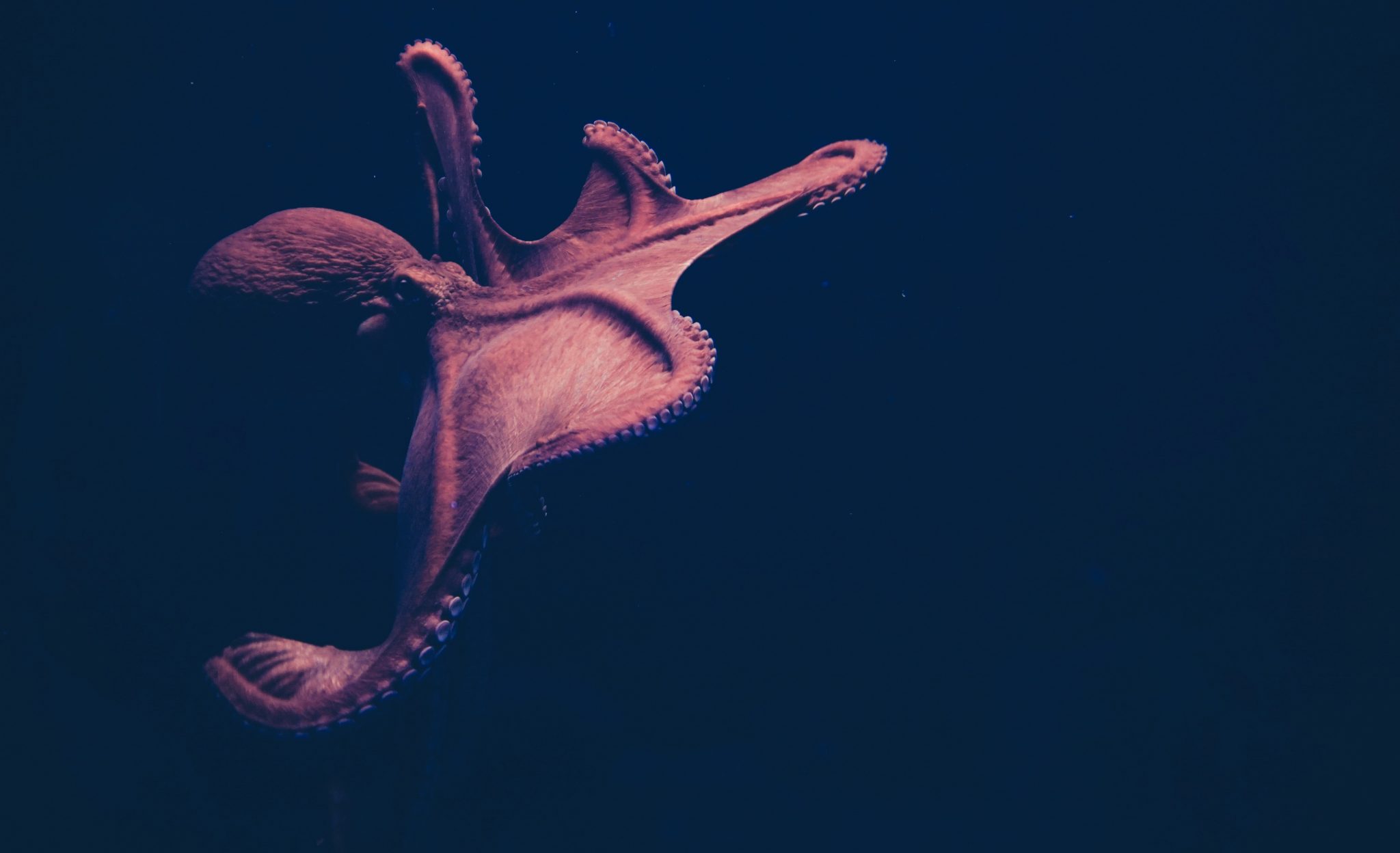An Octopus Has A Brain Similar To That Of A Human

According to new study, the complexity of an octopus’s brain system and its ability to think for itself may have its roots in a molecular likeness to the human mind. An innovative chemical comparison could be able to shed some light on the incredible intelligence of these fascinating species.
Because of its very high mental and cognitive capacity, the octopus is often considered to be one of the most extraordinary invertebrates that can be found anywhere in the world. Because of this, its look is more similar to that of vertebrates than it is to that of invertebrates in a variety of respects. According to the findings of recent research, the complexity of the neurological and cognitive systems of these animals may be due, at least in part, at a molecular level, to similarities with the human brain.
Jumping genes
According to the findings of this research, the brains of both Octopus vulgaris and Octopus bimaculoides have the same “jumping genes.” Both species of octopus are classified as cephalopods. A recent discovery could have shed light on the amazing mental capabilities of these interesting creatures.
The decoding of the human genome was completed in 2001, and it immediately revealed that transposable elements, which are commonly referred to as ‘jumping genes,’ account for more than half of the structure of the genome. The genome may be rearranged or duplicated by transposons via biochemical processes similar to copying and pasting or cutting and pasting.
Once these moveable pieces have lost their ability to move, their interactions are often unable to be heard, and it is hard to determine when they are moving. Some have been inactive as a result of the changes that have accumulated through the generations, while others have been suppressed by the body’s own defense mechanisms as a result of these changes. Even mobile genetic components that have been broken and divided into duplicates may be useful to evolution because they serve as “raw material” that evolution may mold.
The DNA of cephalopods contains a number of “jumping genes,” although most of them are inactive. When researchers looked for transposable elements that were still capable of copying and pasting, they discovered the LINE gene family in crucial brain regions for the cognitive abilities of these animals. In many areas, the brain of an octopus is thought to be quite comparable to the brains of mammals by scientific researchers.
0 comments